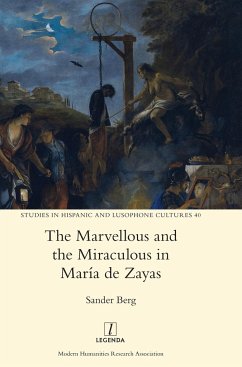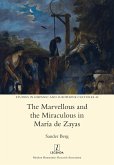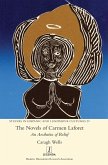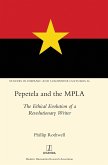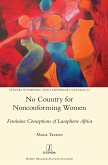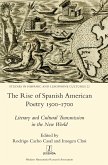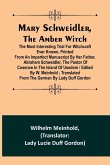María de Zayas y Sotomayor (Madrid, 1590-1647?) was one of the few secular women writers of her age and enjoyed great popularity. A relatively little-studied but key aspect of her success was her deft deployment of the supernatural sensu lato. Her novellas abound with miracles, disembodied voices, premonitory dreams, deals with the Devil, sorcery and witchcraft. Magic is sometimes treated as real, whereas at other times, in line with inquisitorial practice, it is dismissed as fraudulent. Some tales are humorous, others harrowing. With regards to diabolical pacts, she is strategically silent with regards to their salvific outcome. Although some of her miraculous scenes are traditional, others are imbued with a sense of the fantastic, which is also evident in other episodes. At various points she appears to suggest that free will is subjected to the stars. Throughout her oeuvre she introduces a pervading sense of doubt and indeterminacy while at the same time creating a baroque narrative labyrinth where lo que lees no es lo que es. Sander Berg has a doctorate from Birkbeck (London) and is Head of Spanish at Westminster School.

